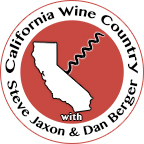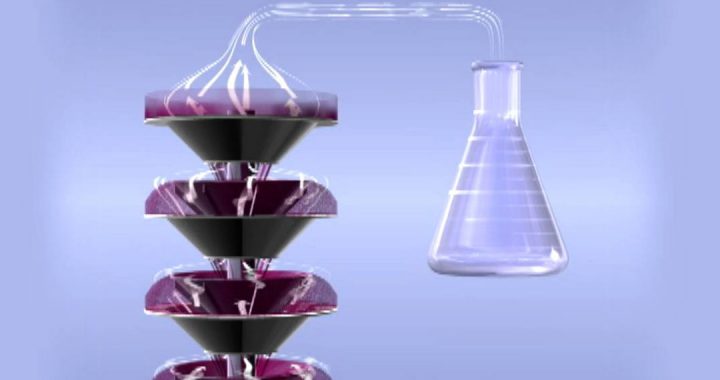Podcast: Play in new window | Download (Duration: 30:13 — 14.0MB) | Embed
Subscribe: Apple Podcasts | RSS | More
 Tony Dann, president of Conetech in Santa Rosa, joins Steve Jaxon and Dan Berger on California Wine Country today. Conetech is a high-tech alcohol-removal company for wines that occasionally get too high in ethanol. Their website states that they are a pioneer in alcohol adjustment and alcohol reduction, with 100% preservation of aroma and flavor.
Tony Dann, president of Conetech in Santa Rosa, joins Steve Jaxon and Dan Berger on California Wine Country today. Conetech is a high-tech alcohol-removal company for wines that occasionally get too high in ethanol. Their website states that they are a pioneer in alcohol adjustment and alcohol reduction, with 100% preservation of aroma and flavor.
Tony tells about how 30 years ago he owned a winery and learned that in California, alcohol levels were high, in the 15% range, and winemakers were faced with the uncomfortable choice of picking their grapes early or selling an alcohol bomb. He found an engineering company in Australia that had invented a spinning cone column. They offered it to the industry as a way of removing alcohol without any destruction or loss of flavor. Dan Berger notes that other processes have to heat the wine but this process allows it at room temperature. It has become a standard winemaking tool now.
Tony Dunn explains, “You pull off the aroma flavor molecules, which are extremely light, then keep those on one side, while at a higher temperature, you go in and distill off the amount of alcohol that you want to take off. Then you add back the aroma flavor. Now I know it sounds terrible… but it became a standard winemaking tool.” They have now introduced it to Chile, South Africa and Spain.
It is not much talked about because wineries don’t want others to think that their wine is altered. Dan Berger worked as a taste tester, on a Conetech project tasting the same wine that had been treated by Conetech, with 15.5% alcohol, some at 14% and another at 12.9%. Dan found that they were three completely different wines, in aroma, taste and texture. He preferred the lower alcohol ones. Some years like 2010 and 2011 are cool years and this isn’t a problem. But in warm years, the spinning cone can save the wine.
The volatiles that contain all the aromas and flavors are less than 1% of the volume of the wine. “It’s just a matter of judicious separation,” says Tony.
Tony says beer is more complicated because it is so much more susceptible to oxygen. It has taken them a long time to reduce or remove the alcohol in craft beer but they have recently been successful.
Dan says the new generation of wine buyers are after intensity of flavors, not high alcohol, so the spinning cone helps winemakers cater to their buyers. He goes on to say that 50 years ago, “shaptelization” was a popular practice in France, which is adding sugar to wine. This helped the alcohol develop when the climate was cold. But with climate change and rising temperatures, wines will have higher alcohol so the Conetech method will be more and more important. Tony says that this technology is simply a tool for the winemaker to balance the product.

